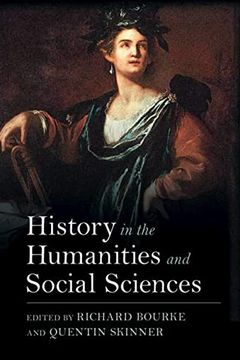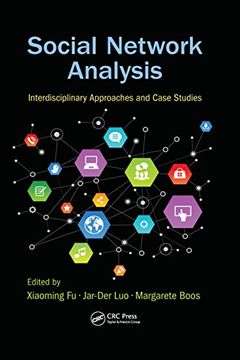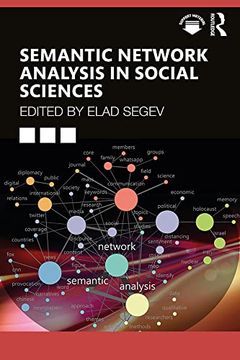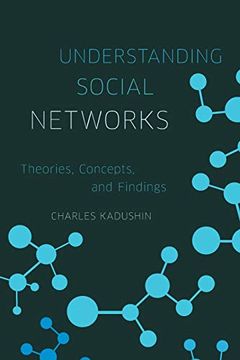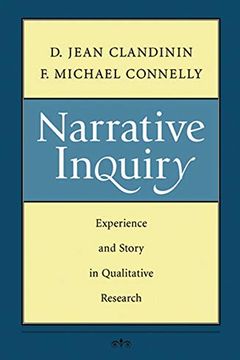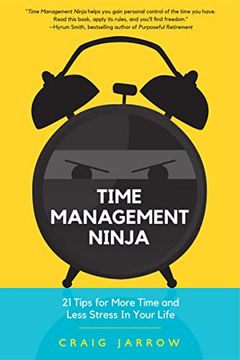75 books on the list
Sort by
Latest Recommendations First
Layout
This interdisciplinary volume explores the relationship between history and a range of disciplines in the humanities and social economics, political science, political theory, international relations, sociology, philosophy, law, literature and anthropology. The relevance of historical approaches within these disciplines has shifted over the centuri...
Discover how after-school programs funded by the government can empower low-income families and enhance their civic and political lives. State of Empowerment, by Carolyn Barnes, shows how these programs offer more than just academic support, and have become powerful tools for parental engagement and involvement in the community. Through ethnographic accounts of three organizations, Barnes demonstrates how government funding can shift power away from bureaucrats and into the hands of those who need it most.
This book challenges the conventional definition of deviance and argues that it's better understood as a function of labeling. The author uses examples like murder to demonstrate different ways of studying society, urging researchers to use carefully investigated cases instead of speculation. With his conversational flair and personal perspective, the author provides a guide for producing general sociological knowledge through case studies. This book is a must-read for anyone in the fields of sociology or criminology looking to change their approach to research.
Raul Pacheco-Vega
2022-12-05T01:50:23.000Z"Unlock the secrets of social network analysis by delving into the interdisciplinary collaboration studies presented in this must-read book. From sociology to computer science, gain insight into the principles, methodologies, and terminologies of multiple disciplines. The perfect guide for any researcher or practitioner interested in social network studies."
Raul Pacheco-Vega
2022-12-04T01:41:59.000Z"Unleash the Power of Semantic Network Analysis in Social Sciences. This book teaches readers how to map the main themes, narratives, and biases in any given text by transforming it into a visual network of words. With step-by-step guidelines and free software tools, this cutting-edge method can organize, identify patterns, and understand the meanings of information in our society. State-of-the-art studies from around the world explore news, political speeches, social media content, transcripts, and literature reviews. A must-have for scholars and students seeking to conduct their own content analysis of large texts."
Raul Pacheco-Vega
2022-12-04T01:34:37.000Z"Master the Art of Argument Writing with This Popular Guide" - This book is a must-read for anyone seeking to improve their argument writing and assessment skills. Organized into specific rules, this concise and internationally translated primer offers straightforward guidance on how to construct and assess sound arguments. With a new chapter on oral arguments and updated examples, this fourth edition is a must-have for writers in all disciplines.
Discover the big ideas behind social network phenomena in Understanding Social Networks. Charles Kadushin demystifies the concepts and finds of network experts, providing a thorough general introduction to the field without overwhelming readers with mathematical jargon. Perfect for social scientists, students, managers, and marketers alike who encounter social networks in their work.
Raul Pacheco-Vega
2022-11-13T03:26:14.000ZNarrative Inquiry offers a definitive guide to using lived and told stories in qualitative research. Authors Jean Clandinin and Michael Connelly draw from their extensive field experience to provide practical ideas for conducting fieldwork, composing notes, and sharing results. This engaging and lucid book offers a wealth of narrative methods that capture personal and human dimensions outside of mere numerical data. A practical resource for anyone seeking to use narrative in qualitative research.
Raul Pacheco-Vega
2022-11-12T16:41:36.000ZDiscover how to take control of your time and achieve your goals with Time Management Ninja. Written by productivity expert Craig Jarrow, this book offers 21 simple rules to help you manage your busy schedule and reclaim your life. With Jarrow's no-stress, uncomplicated approach to time management, you can finally enjoy more time with family and achieve big things without sacrificing your sanity. It's time to own your calendar and live the life you've always wanted.
Raul Pacheco-Vega
2022-10-16T13:37:41.000Z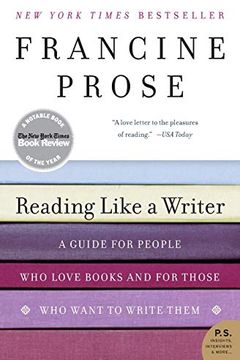
Reading Like a Writer
A Guide for People Who Love Books and for Those Who Want to Write Them (P.S.)
"Reading Like a Writer" is an inspiring New York Times bestseller by acclaimed author Francine Prose. With passion, humor, and wisdom, Prose takes readers on a guided tour of the tools and tricks of literary masters. Through examples from Philip Roth, Isaac Babel, George Eliot, John Le Carré, and Flannery O'Connor, Prose shares invaluable lessons for writers and readers alike. This book will inspire you to approach literature with a fresh eye and a renewed appreciation for the raw material of all great writing: words.
Raul Pacheco-Vega
2022-10-09T17:35:18.000ZDoing Economics by Marc F. Bellemare
Where Research Begins by Thomas S. Mullaney, Christopher Rea
How to Take Smart Notes by Sönke Ahrens
Writers on Writing by Chip Scanlan, Ray Hoy
France by Emile Chabal
The Privatized State by Chiara Cordelli
Who Killed Berta Caceres? by Nina Lakhani
Very Important People by Ashley Mears
Writing Anthropology by Carole McGranahan
Rapid Ethnographic Assessments by Thurka Sangaramoorthy, Karen A Kroeger
Regulating Human Research by Sarah Babb
Inside Ethnography by Boeri/Shukla
Feminist City by Leslie Kern
A Future History of Water by Andrea Ballestero
Black Food Geographies by Ashanté M. Reese
The Writer's Practice by John Warner
Sex and Stigma by Sarah Jane Blithe, Anna Wiederhold Wolfe, Breanna Mohr
Care for Sale by Ana P. Gutiérrez Garza
On Ethnography by Sarah Daynes, Terry Williams
My Morning Routine by Benjamin Spall
Reassembling Rubbish by Josh Lepawsky
Fractivism by Sara Ann Wylie
Interviewing in Social Science Research by Lee Ann Fujii
Forbearance as Redistribution by Alisha C. Holland
Thinking Through Methods by John Levi Martin
Water and Politics by Veronica Herrera
Written/Unwritten by Patricia A. Matthew
Writing Without Bullshit by Josh Bernoff
The Only Academic Phrasebook You'll Ever Need by Luiz Otavio Barros
Down, Out, and Under Arrest by Forrest Stuart
Waste Away by Joshua O. Reno
Clean and White by Carl A. Zimring
Grad School Essentials by Zachary Shore
Writing Ethnography by Jessica Smartt Gullion
Empirical Research and Writing by Leanne C. Powner
Beyond the Big Ditch by Ashley Carse
Thinking Qualitatively by Johnny Saldana
Writing in Social Spaces by Rowena Murray
The Art of Social Theory by Richard Swedberg
On the Run by Alice Goffman
Just Water by Christiana Z. Peppard
How to Critique Journal Articles in the Social Sciences by Scott R. Harris
Picking Up by Robin Nagle
Research & Evaluation for Busy Students and Practitioners 2e by Helen Kara
Presumed Incompetent by Gabriella Gutiérrez yMuhs
Natural Experiments in the Social Sciences by Thad Dunning
Industrial Ruination, Community and Place by Alice Mah
Becoming an Academic Writer by Patricia Goodson
Interpretive Research Design by Peregrine Schwartz-Shea
Pricing Beauty by Ashley Mears
Surviving Your Stupid, Stupid Decision to Go to Grad School by Adam Ruben
Governing the Tap by Megan Mullin
Writing Tools by Roy Peter Clark
Theoretical Frameworks in Qualitative Research by Vincent A. Anfara
They Say / I Say by Gerald Graff
On Writing Well by William Zinsser
The Social Life of Small Urban Spaces by William H. Whyte
Gender Issues in Ethnography by Carol A.B. Warren, Jennifer Kay Hackney
The Ethnographic Self by Amanda Coffey
Economical Writing, Third Edition by Deirdre N. McCloskey
Braving the Street by Irene Glasser
The Clockwork Muse by Eviatar Zerubavel
Writing Your Dissertation in Fifteen Minutes a Day by Joan Bolker
Bird by Bird by Anne Lamott
How to Read a Book by Mortimer J. Adler
